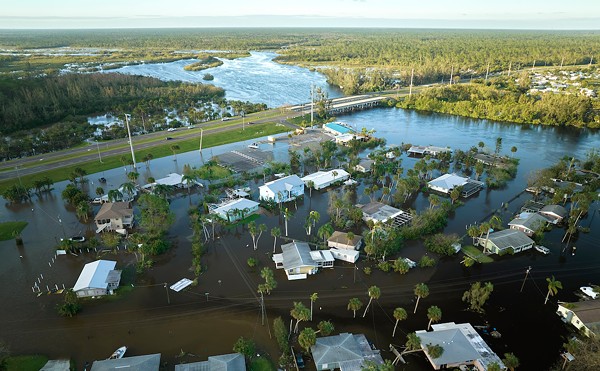Bamboo is a natural candidate for greenwashed claims, according to Chris Pastore, a professor of textile engineering at Philadelphia University. “It bears a physical resemblance to flax, the plant used to make linen through a simple process that leaves its natural fibers largely intact. Flax looks like a reed and bamboo looks like a giant reed. People imagine it’s the same process. But to make rayon, bamboo or any cellulose source it is typically ground up, dissolved and process into a viscous liquid with chemicals such as the highly toxic carbon disulfide. It is much more energy intensive and much more polluting.” Pastore states.
Three of the companies have settled the FTC’s complaints, agreeing to stop making false claims and to abide by the Commission’s Textile Fiber Products Identification Act (Textile Act) and Rules. Litigation continues against The M Group, Inc. d/b/a Bamboosa, and its principals.
David Vladeck, Director of the FTC’s Bureau of Consumer Protection states “With the tremendous expansion of green claims in today’s marketplace, it is particularly important for the FTC to address deceptive environmental claims, so that consumers can trust that the products they buy have the environmentally friendly attributes they want. When companies sell products woven from man-made fibers, such as rayon, it is important that they accurately label and advertise those products- both with respect to the fibers they use and to the qualities those fibers possess.”
As the Commission charges even if the rayon used in the companies’ clothing and textile products is manufactured using bamboo as the cellulose source, rayon does not retain any natural antimicrobial properties of the bamboo plant. The rayon manufacturing process which involves dissolving the plant source in harsh chemicals eliminates any such natural properties of the bamboo plant. Similarly, the Commission charges that the companies’ clothing and textiles are not made using an environmentally friendly process.The rayon manufacturing process uses toxic chemicals and results in the emission of hazardous air pollutants.
The Commission has a new alert entitled “Have You Been Bamboozled by Bamboo Fabrics?” that provides useful information for consumers.















